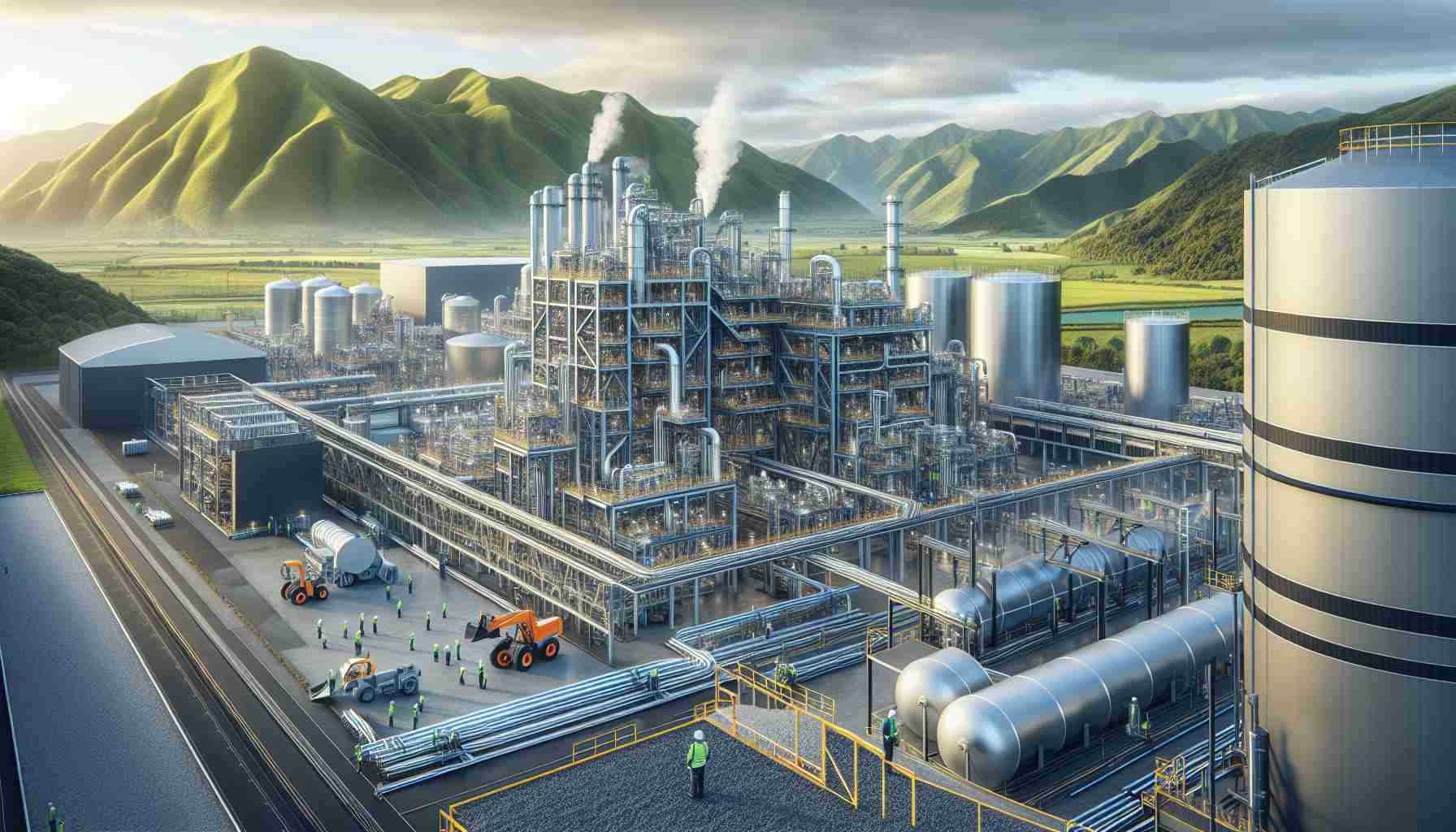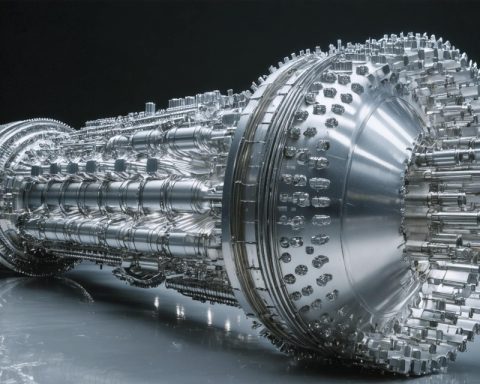As global efforts to reduce carbon emissions intensify, New Zealand finds itself at the forefront of a hydrogen revolution. Despite the current reliance on fossil-fuel-produced hydrogen, the island nation is exploring its potential to become a pioneer in “green hydrogen” use, sourced from renewable energy.
Hydrogen’s Decarbonisation Role
New Zealand could potentially demand up to 2.8 megatonnes per year (Mt/y) of green hydrogen if its full technical potential is tapped. In reality, focusing on sectors where hydrogen is the sole option for reducing emissions may necessitate around 1 Mt/y. Fertilizer production and methanol rank high on this list, consuming an estimated 0.2 Mt/y due to a lack of viable alternatives.
Industrial Challenges and Opportunities
The iron and steel industries, notorious for high emissions, see hydrogen as a game-changer in the quest for sustainable processing. Transforming New Zealand’s steel industry to use hydrogen might depend on achieving electricity rates lower than NZ$0.13/kWh, making solar power an attractive option.
Storage and Transportation
The island’s strategy doesn’t end with production. Efficiently storing hydrogen, potentially in subterranean formations like abandoned gas fields, remains a significant challenge due to hydrogen’s propensity to migrate through materials. Meanwhile, transportation solutions such as cryogenic liquefaction and ammonia conversion are being investigated as viable export strategies.
Hydrogen Export Ambitions
While meeting domestic demand is paramount, New Zealand’s aspirations include exporting approximately 0.5 Mt/y of hydrogen. This requires navigating complex logistical challenges, including developing the infrastructure necessary for large-scale hydrogen transportation.
New Zealand’s journey into hydrogen offers both hurdles and promise, marking a crucial step in its transition to a cleaner energy future.
The Unseen Ripple Effects of New Zealand’s Hydrogen Revolution
As New Zealand embarks on its hydrogen revolution, exploring the transition from fossil fuels to green hydrogen, new dynamics are emerging that could reshape industries and communities. While the focus is on domestic production and potential exports, the broader implications of such a shift hold intriguing possibilities and challenges.
Social and Economic Impact on Communities
The move towards green hydrogen production could lead to significant socio-economic changes, particularly in regions heavily dependent on traditional energy industries. The transition may create new jobs in the renewable energy sector, but there are concerns about whether this shift can compensate for job losses in fossil fuel industries. How will communities adapt to these changes? Retraining programs and government policies will be crucial to ensuring a smooth transition for workers moving from declining industries to emerging ones in green hydrogen.
The Environmental Debate: Is Green Hydrogen Truly Green?
While hydrogen is often lauded as a clean alternative, the process of producing green hydrogen is not without its environmental considerations. Critics argue that the extensive use of resources like water and energy needed to produce green hydrogen at scale can counteract its benefits. This raises important questions: Is green hydrogen the ultimate solution to carbon emissions? Or is it a stopgap as we transition to even more sustainable technologies? The answer might lie in balancing the environmental costs with long-term strategies for energy sustainability.
The Global Partnership Puzzle
New Zealand’s ambition to export hydrogen brings international collaboration into the spotlight. Nations like Japan and South Korea are keen to import green hydrogen, aligning with their own decarbonization goals. However, developing a robust export market requires more than just production capacity. It involves establishing international standards for hydrogen purity, safety, and transportation. This opens up a debate on how international partnerships can streamline hydrogen economy infrastructure across borders, ensuring mutual economic and environmental benefits.
Technological Feasibility and Innovation
The technical challenges of hydrogen storage and transportation are pushing the boundaries of innovation. New Zealand’s exploration of cryogenic liquefaction and ammonia conversion is a testament to the inventive approaches necessary to overcome hydrogen’s storage limitations. But can such innovations be scaled efficiently? What role do government incentives and private sector investments play in accelerating these technologies? Collaborative efforts between public and private sectors may hold the key to solving these technological hurdles.
Public Perception and the Hydrogen Economy
Public acceptance is critical to the success of new energy schemes. Is the public prepared for a hydrogen-powered future? Awareness campaigns and educational initiatives are essential to inform and engage citizens, emphasizing hydrogen’s role in reducing emissions and its safety compared to traditional fuels. The perception of hydrogen as a viable and effective energy source will significantly impact its adoption and success.
The shift towards a hydrogen economy in New Zealand presents a multifaceted challenge. Its implications are vast and complex, affecting not only energy consumption but also economic structures, international relations, and public attitudes. As the island nation forges ahead, it sets a precedent for other countries aiming for a greener future.
For more details on global efforts towards green energy, visit International Energy Agency.











